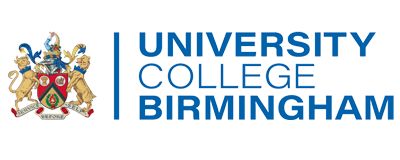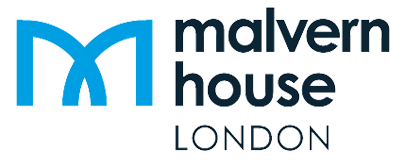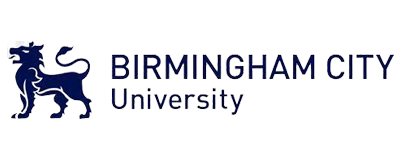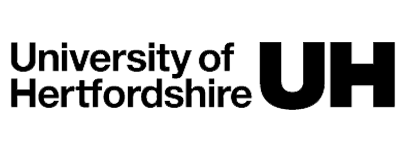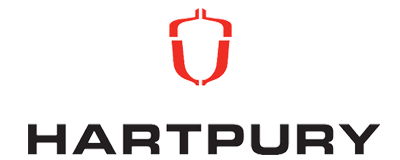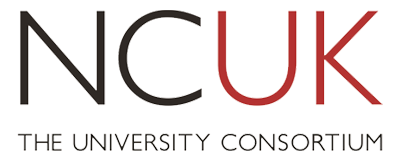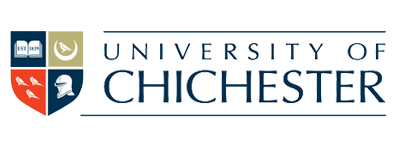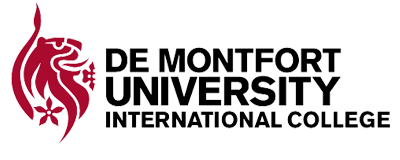Why is Denmark's education the best in the world, especially for Nepalese students?

Denmark’s education system is highly regarded internationally for several reasons, which can be attractive to Nepalese students seeking quality education abroad. Some factors contributing to the reputation of Denmark’s education system include:
- High-Quality Education: Denmark consistently ranks among the top countries in global education rankings, known for its high-quality education system. Danish universities and educational institutions maintain rigorous academic standards and offer innovative teaching methods, ensuring that students receive a world-class education.
- Innovative Teaching and Learning Environment: Denmark emphasizes active learning, critical thinking, and problem-solving skills rather than rote memorization. The education system encourages student-centered learning approaches, such as group work, project-based learning, and interdisciplinary studies, which foster creativity, collaboration, and independent thinking.
- Focus on Research and Innovation: Danish universities are renowned for their research-intensive environment and commitment to innovation. Nepalese students have opportunities to engage in cutting-edge research projects, collaborate with leading scholars and researchers, and contribute to advancements in their fields of study.
- Internationalization and Global Perspective: Denmark’s education system promotes internationalization and cultural diversity, welcoming students from around the world, including Nepal. Nepalese students studying in Denmark benefit from exposure to diverse perspectives, cross-cultural interactions, and global networking opportunities, preparing them for success in an increasingly interconnected world.
- English-Taught Programs: Many universities in Denmark offer a wide range of English-taught programs at the undergraduate and postgraduate levels, making education accessible to international students, including those from Nepal. This allows Nepalese students to pursue their academic interests and receive instruction in English, a widely spoken language globally.
- Strong Support for Students: Danish universities provide comprehensive support services to students, including academic advising, counseling, career guidance, and assistance with accommodation and visa matters. Nepalese students studying in Denmark can access resources and support to help them succeed academically and adjust to life in a new country.
- Innovative Programs and Fields of Study: Denmark is known for its strengths in fields such as renewable energy, sustainability, design, architecture, engineering, and life sciences. Nepalese students interested in these areas can benefit from specialized programs, state-of-the-art facilities, and industry partnerships available in Denmark.
- High Quality of Life: Denmark consistently ranks among the happiest and most liveable countries globally, offering a high quality of life, safety, social welfare, and healthcare systems. Nepalese students studying in Denmark can enjoy a comfortable and supportive environment conducive to learning and personal growth.
Overall, Denmark’s education system offers a combination of academic excellence, innovation, internationalization, and student support services that make it an attractive destination for Nepalese students seeking quality education and global opportunities.
What courses are generally selected by Nepalese students for foreign education in Denmark?

Nepalese students pursuing foreign education in Denmark often opt for a variety of courses based on their interests, career goals, and the strengths of Danish universities. Some of the courses that are commonly selected by Nepalese students for foreign education in Denmark include:
- Engineering: Denmark is known for its strong engineering programs, particularly in fields such as civil engineering, mechanical engineering, electrical engineering, and renewable energy engineering. Nepalese students interested in pursuing careers in engineering often choose Danish universities for their innovative programs and research opportunities.
- Information Technology (IT): Danish universities offer high-quality IT programs covering areas such as computer science, software engineering, information systems, and data science. Nepalese students passionate about technology and computer science may choose to study in Denmark to gain expertise in cutting-edge IT fields.
- Business Administration and Management: Denmark’s business schools are renowned for their excellent programs in business administration, management, marketing, finance, and entrepreneurship. Nepalese students aspiring to pursue careers in business or management often opt for Danish universities to gain international business knowledge and skills.
- Life Sciences and Biotechnology: Denmark has a strong focus on life sciences and biotechnology, with leading universities offering programs in areas such as biomedicine, biochemistry, biotechnology, and pharmaceutical sciences. Nepalese students interested in healthcare, research, or biotechnology may choose Danish universities for their advanced programs and research facilities.
- Sustainability and Environmental Studies: Denmark is a global leader in sustainability and environmental studies, offering programs that focus on sustainable development, environmental management, renewable energy, and climate change. Nepalese students concerned about environmental issues and sustainability may find Danish universities ideal for studying these subjects.
- Architecture and Design: Danish universities are known for their innovative architecture and design programs, emphasizing creativity, sustainability, and human-centered design principles. Nepalese students with a passion for architecture, urban planning, or design may choose Denmark for its world-class design education.
- Social Sciences and Humanities: Danish universities offer a range of programs in social sciences and humanities disciplines such as psychology, sociology, anthropology, political science, and international relations. Nepalese students interested in social sciences and humanities may find Danish universities conducive to interdisciplinary learning and critical thinking.
- Agriculture and Food Science: Denmark has a strong agricultural sector and offers programs in agriculture, food science, agribusiness, and agricultural economics. Nepalese students interested in agriculture, food production, or agricultural economics may choose Denmark for its expertise in these fields.
These are just a few examples of the courses commonly selected by Nepalese students for foreign education in Denmark. Danish universities offer a wide range of programs across various disciplines, providing Nepalese students with opportunities to pursue their academic and career aspirations in a supportive and innovative learning environment
Famous cities in Denmark for abroad education for Nepalese students:
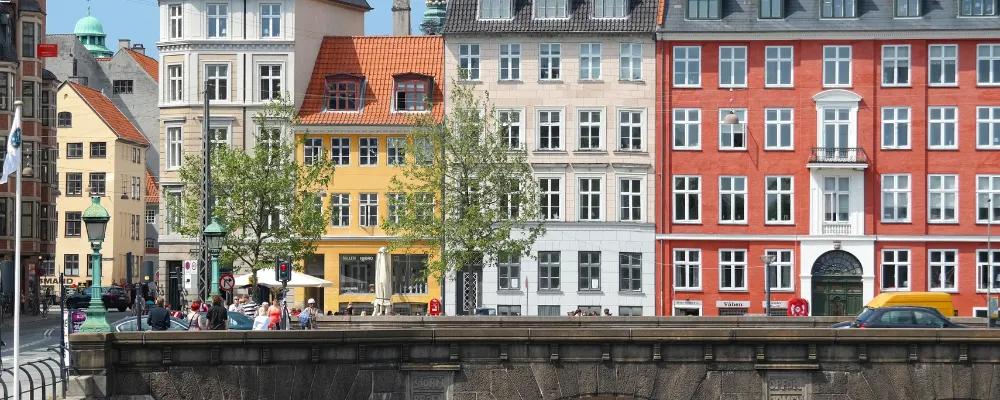
- Copenhagen: As the capital and largest city of Denmark, Copenhagen is a major hub for education, culture, and innovation. It is home to several prestigious universities, including the University of Copenhagen, Technical University of Denmark, and Copenhagen Business School. Copenhagen offers a diverse range of programs, vibrant cultural scene, and a high quality of life, making it an attractive destination for international students.
- Aarhus: Located on the Jutland peninsula, Aarhus is Denmark’s second-largest city and a center for education and research. Aarhus University, one of the country’s leading institutions, offers a wide range of programs in various fields, including arts, sciences, engineering, and business. Aarhus boasts a lively student community, cultural attractions, and outdoor recreational opportunities along its coastline.
- Odense: Situated on the island of Funen, Odense is known for its rich history, charming atmosphere, and educational institutions. The University of Southern Denmark, with its main campus in Odense, offers programs in fields such as engineering, health sciences, humanities, and social sciences. Odense provides a tranquil yet dynamic environment for studying and living, with cultural festivals, museums, and green spaces.
- Aalborg: Located in northern Denmark, Aalborg is a vibrant city with a strong focus on education, research, and innovation. Aalborg University is renowned for its interdisciplinary approach to education and offers programs in areas such as engineering, natural sciences, social sciences, and humanities. Aalborg’s waterfront district, cultural venues, and student-friendly atmosphere make it an appealing destination for international students.
- Roskilde: Situated in eastern Denmark, Roskilde is known for its historical significance and educational institutions. Roskilde University offers programs in fields such as social sciences, humanities, natural sciences, and technology. The city is also famous for the annual Roskilde Festival, one of the largest music festivals in Europe, attracting visitors from around the world.
What are the eligible criteria to study in Denmark for Nepalese students?

To study in Denmark as a Nepalese student, you typically need to fulfill certain eligibility criteria. While specific requirements may vary depending on the university and program, common eligibility criteria for Nepalese students to study in Denmark include:
- Academic Qualifications: You must have completed a level of education that meets the entry requirements for the desired program. This typically includes a high school diploma or equivalent qualification for undergraduate programs and a bachelor’s degree for postgraduate programs.
- English Language Proficiency: Since many programs in Denmark are taught in English, you may need to demonstrate proficiency in English by providing scores from recognized English language tests such as the IELTS, TOEFL, or Cambridge English exams. Some universities may have specific language requirements, so it’s essential to check the language proficiency requirements of your chosen program.
- Specific Program Requirements: Certain programs, particularly in fields like engineering, science, and health sciences, may have additional requirements such as prerequisite courses, portfolios, or interviews. Make sure to review the specific admission criteria for your intended program.
- Financial Resources: You must demonstrate that you have sufficient financial resources to cover tuition fees, living expenses, accommodation, and other costs associated with studying and living in Denmark. This may involve providing bank statements or sponsorship letters to prove your financial capacity.
- Health Insurance: As an international student, you are required to have health insurance coverage while studying in Denmark. You may need to purchase private health insurance or obtain coverage through a national health insurance scheme, depending on your circumstances.
- Residence Permit: Non-EU/EEA students, including Nepalese students, usually require a residence permit to study in Denmark for programs lasting longer than three months. To obtain a residence permit, you must have been accepted into a full-time educational program and provide proof of financial resources, accommodation, and health insurance.
- Genuine Intentions to Study: You must demonstrate genuine intentions to study in Denmark and comply with the conditions of your visa or residence permit. This may involve providing a statement of purpose or personal statement explaining your motivations for studying in Denmark and your career aspirations.
It’s essential to check the specific admission requirements and application procedures of the Danish university or institution where you plan to apply. Additionally, make sure to adhere to application deadlines and provide all necessary documentation to support your application for studying in Denmark.
How do I apply for a scholarship in Denmark for Nepalese students?

Nepalese students interested in studying in Denmark and applying for scholarships can follow these general steps:
- Research Scholarship Opportunities: Begin by researching scholarship programs available to international students studying in Denmark. Many Danish universities, government agencies, private organizations, and international organizations offer scholarships and financial aid to support international students. Websites such as Study in Denmark, the Danish Government Scholarships website, and individual university websites are valuable resources for finding scholarship opportunities.
- Check Eligibility Criteria: Carefully review the eligibility criteria for each scholarship program to determine if you meet the requirements. Eligibility criteria may include academic merit, field of study, country of origin, financial need, and language proficiency. Some scholarships may be specifically targeted towards Nepalese students or students from developing countries.
- Prepare Required Documents: Gather all the necessary documents required for the scholarship application. This may include academic transcripts, letters of recommendation, a statement of purpose or personal essay, proof of English proficiency (such as IELTS or TOEFL scores), and any other supporting documents specified by the scholarship provider.
- Submit Applications: Complete and submit the scholarship applications by the specified deadlines. Pay close attention to the application instructions and ensure that all required documents are included. Some scholarships may require online applications, while others may require submission by mail or email.
- Follow Up: After submitting your scholarship applications, monitor your email and other communication channels for updates or requests for additional information from the scholarship providers. Be prepared to respond promptly and provide any additional documentation if required.
- Prepare for Interviews (if applicable): Some scholarship programs may require applicants to participate in interviews as part of the selection process. If you are selected for an interview, prepare by practicing common interview questions and researching the scholarship provider and its objectives.
- Await Notification: Once you have submitted your scholarship applications and completed any required interviews, await notification regarding the status of your application. Scholarship providers typically inform applicants of their decision within a certain timeframe.
- Accept Scholarship Offers: If you are awarded a scholarship, carefully review the terms and conditions of the award, including any requirements or obligations you must fulfill as a scholarship recipient. Follow the instructions provided to accept the scholarship offer and complete any necessary paperwork.
- Apply for Study Visa (if applicable): If you are awarded a scholarship and plan to study in Denmark for more than three months, you will need to apply for a study visa or residence permit from the Danish authorities. Follow the visa application process and ensure that you meet all requirements.
By following these steps and actively seeking out scholarship opportunities, Nepalese students can increase their chances of securing financial assistance to pursue their studies in Denmark. It’s essential to start the scholarship search and application process well in advance of the intended study period to allow ample time for preparation and submission.
What are the job opportunities for Nepalese students in Denmark?

Nepalese students studying in Denmark have access to various job opportunities during and after their studies. Denmark offers a favorable environment for international students to gain work experience and explore career opportunities. Some job opportunities for Nepalese students in Denmark include:
- Student Jobs: Nepalese students can work part-time while studying in Denmark. Many universities and colleges offer on-campus employment opportunities, such as administrative roles, research assistantships, and library positions. Off-campus part-time jobs may include roles in retail, hospitality, customer service, and tutoring.
- Internships: Danish companies and organizations offer internship opportunities for students to gain practical experience in their field of study. Internships can provide valuable insights into the Danish work culture, build professional networks, and enhance students’ resumes.
- Graduate Programs: After completing their studies, Nepalese students can explore graduate employment programs offered by Danish companies. These programs provide structured training, mentorship, and career development opportunities for recent graduates seeking entry-level positions in their field.
- Post-Study Work Visa: Nepalese students who graduate from a Danish educational institution may be eligible for a post-study work visa. This visa allows graduates to stay in Denmark and seek employment for up to two years after completing their studies. During this period, graduates can explore job opportunities and gain work experience relevant to their field of study.
- Skilled Migration: Denmark offers various pathways for skilled migrants to obtain residency and work in the country permanently. Nepalese students with in-demand skills and qualifications may be eligible to apply for skilled migration visas, such as the Positive List Scheme, Pay Limit Scheme, or the Fast-Track Scheme.
- Start-up Entrepreneurship: Denmark has a vibrant start-up ecosystem and offers support for aspiring entrepreneurs. Nepalese students interested in entrepreneurship can explore opportunities to launch their own businesses or join start-up accelerators and incubators to develop their entrepreneurial skills and ideas.
- Research and Innovation: Denmark is known for its strong research and innovation sector, with opportunities for students to engage in research projects, collaborate with universities and research institutions, and contribute to cutting-edge discoveries. Nepalese students with research interests can explore opportunities in academia, industry, and government research organizations.
- Language Teaching: Nepalese students proficient in English or other languages may explore opportunities to teach their native language as a tutor or language instructor. Language teaching positions are available in language schools, private tutoring companies, and community organizations.
Overall, Denmark offers a range of job opportunities for Nepalese students, both during and after their studies. By leveraging their skills, qualifications, and networks, Nepalese students can explore diverse career pathways and contribute to Denmark’s dynamic workforce.
What is the best time for Nepalese students to apply in the New Denmark for higher education?
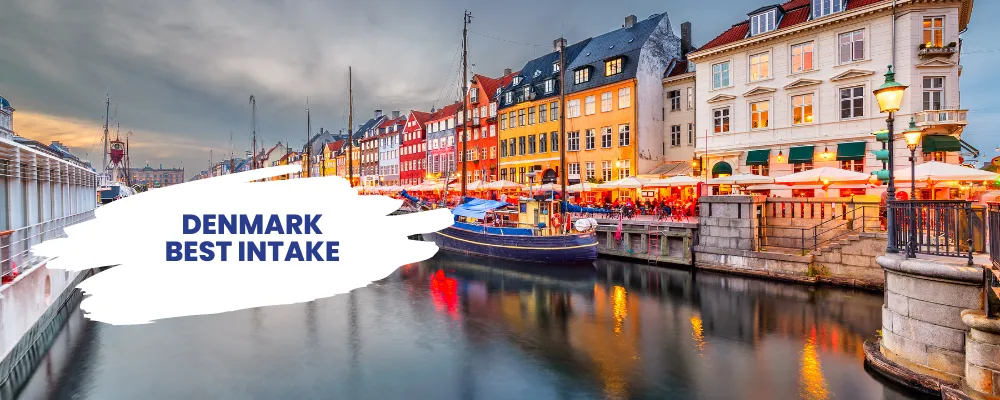
The best time for Nepalese students to apply for higher education in Denmark typically depends on the specific academic calendar and application deadlines set by individual universities and programs. However, as a general guideline, it’s advisable for Nepalese students to start preparing their applications well in advance to ensure they meet all requirements and deadlines.
Here are some key considerations and timelines to keep in mind:
- Research and Decision Making: Nepalese students should start researching universities, programs, and available scholarships at least 6-12 months before the intended start date of their studies. This allows ample time to explore different options, assess academic offerings, and determine the best fit for their educational and career goals.
- Application Deadlines: Application deadlines for undergraduate and graduate programs in Denmark vary depending on the university and program. Typically, application deadlines for international students fall between December and March for programs starting in the following academic year (September/October). However, it’s essential to check the specific deadlines for each university and program as they may differ.
- Language Proficiency Tests: If the chosen program is taught in Danish, Nepalese students may need to demonstrate proficiency in the Danish language by taking standardized language tests such as the Danish Language Test, Module 2 (Studieprøven) or the Danish Language Test, Module 3 (Prøve i Dansk 3). For programs taught in English, Nepalese students may need to provide English language proficiency scores through tests like the IELTS or TOEFL. It’s important to schedule language proficiency tests well in advance to allow time for preparation and obtaining the required scores.
- Scholarship Applications: Nepalese students seeking financial assistance through scholarships should check the deadlines for scholarship applications, which may vary from university to university or scholarship program to scholarship program. Some scholarships have early deadlines, so it’s crucial to plan accordingly and submit scholarship applications before the deadlines.
- Visa Application: Once students receive an acceptance letter from a Danish university, they can proceed to apply for a student visa (if required) from the Danish diplomatic mission or consulate in Nepal. Visa processing times can vary, so it’s advisable to initiate the visa application process as soon as possible after receiving the acceptance letter.
Overall, Nepalese students should start the application process early, ideally around 6-12 months before the intended start date of their studies in Denmark. By planning ahead, meeting deadlines, and completing all necessary requirements, Nepalese students can increase their chances of successfully securing admission to their desired university and program in Denmark.

